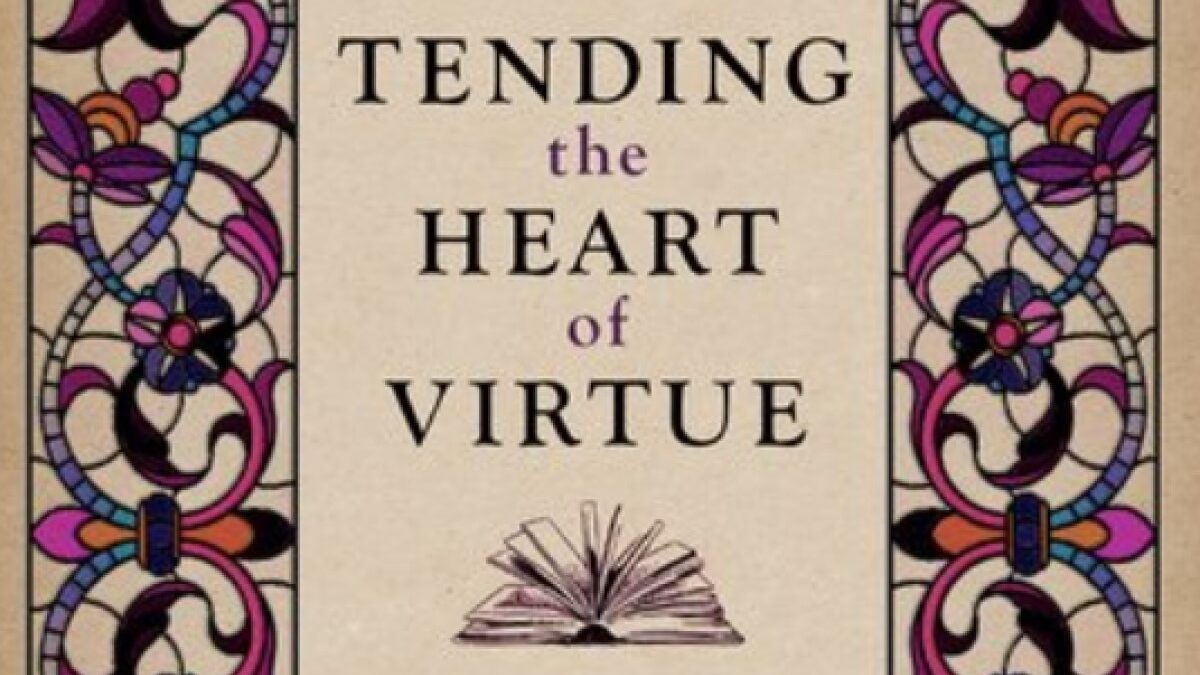
I am relieved to have survived college before the Era of Wokeness, in which you’re likely to come out of an Ivy League school dumber than when you started. That’s my takeaway from author Scott Johnston’s debut novel, a satirical romp through the nutty academia of 2019. Trigger warnings, snowflakes, and preferred pronouns: Welcome to “Campusland.”
Think of it as a modern “Animal Farm” with wacky kids running the circus. Sound familiar?
On November 23, hundreds of sanctimonious urchins stormed the field at the Harvard-Yale football game in the name of climate change. They held the game up for nearly an hour, but like the so-called activists in Johnston’s fiction, their objectives had more to do with attention-getting and fun-spoiling than helping the planet.
A recent Ann Coulter speech at the University of California at Berkeley was also delayed and interrupted by protesters, egged on by—wait for it—Carol Christ, the campus chancellor.
Johnston deftly satirizes the painful truth that the academics nurturing American youth today are, in fact, poisoning them. Enter Eph Russell, Johnston’s hero, who is on his way to securing tenure at Devon University, a thinly disguised Yale, described as a “a stunning idyll, bathed in intellect… a reprieve from the ordinary.”
Johnston suggests, quite rightly, there’s a direct correlation between school prestige and student inanity—and rank hypocrisy too. Trust fund students cling to Marxism and Saul Alinsky as tightly as to their perfectly warmed Starbucks cups.
Russell is the beneficiary of Devon’s inclusion of faculty vagrants from red-state state schools, but he doesn’t drink the PC punch. In fact, Russell commits the abominable: he asks his English class to read too many white male authors, namely that neanderthal Mark Twain. His troubles unfold with the objections of a student he dubs “Ifeellike.”
“I feel like this is all a very white perspective…
“I feel like…it’s still kind of racist…”
A manufactured classroom protest (eerily similar to the football fiasco) ensues, attracting the attention of Martika Malik-Adams, dean of diversity and inclusion at Devon, who enjoys a socialist salary of $500,000. Poor Eph is hauled in front of the Bias Response Team, but his troubles are just beginning.
With Malik-Adams hot on his heels, the beleaguered professor piques the fancy of one Lulu Harris, a vapid Upper East Side brat, who spurns his advances, and files a sexual assault report. Inspired by “Mattress Girl” at Columbia, Lulu crawls around campus with a ball and chain, becoming “The New Face of Feminism” on the cover of New York magazine, and the “it girl” of the womyn’s collective. (We can’t use “women” in Campusland for the same reason the word “freshman” is banned.)
Lulu, predictably, just wants to be a social media star and has the Twitter-sphere (including Sarah Silverman, naturally) eating out of her fraudulent hands. “This was perhaps the least authentic thing she’d ever done, but if she noticed anything in her half year at Devon, it was that people here were gullible as h-ll, particularly if the message was something they wanted to hear,” the book explains.
Maybe the most gullible of all is Devon’s president, Milton Strauss, who appears more and more mouse-like as his campus descends into a snake pit of chaos. This novel is uncannily timely, and needs a movie version immediately. But would there be a Hollywood producer brave enough to take it on? Doubtful.
Today’s non-fiction campus social justice warrior whines about everything—the name of an auditorium, the on-campus recruitment of a company he doesn’t like, the presence of social groups like fraternities—but rather than welcome debate, the SJW resorts to cancellation. For example, student governments at Duke University and Texas State voted to remove conservative speakers and right-leaning companies from their campuses. Still, a recent op-ed in The GW Hatchet, The George Washington University’s student newspaper, gives me some hope.
“Students should continue using issues as vehicles for change but refrain from shutting out people and institutions entirely,” wrote the editorial board under the headline, “Cancel Culture is not an Effective Way to Incite Change.”
In the end, Johnston brings poetic justice to his characters and the sanity of his Campusland is restored. But the story of our campuses, and the future of free speech, is still being written.









